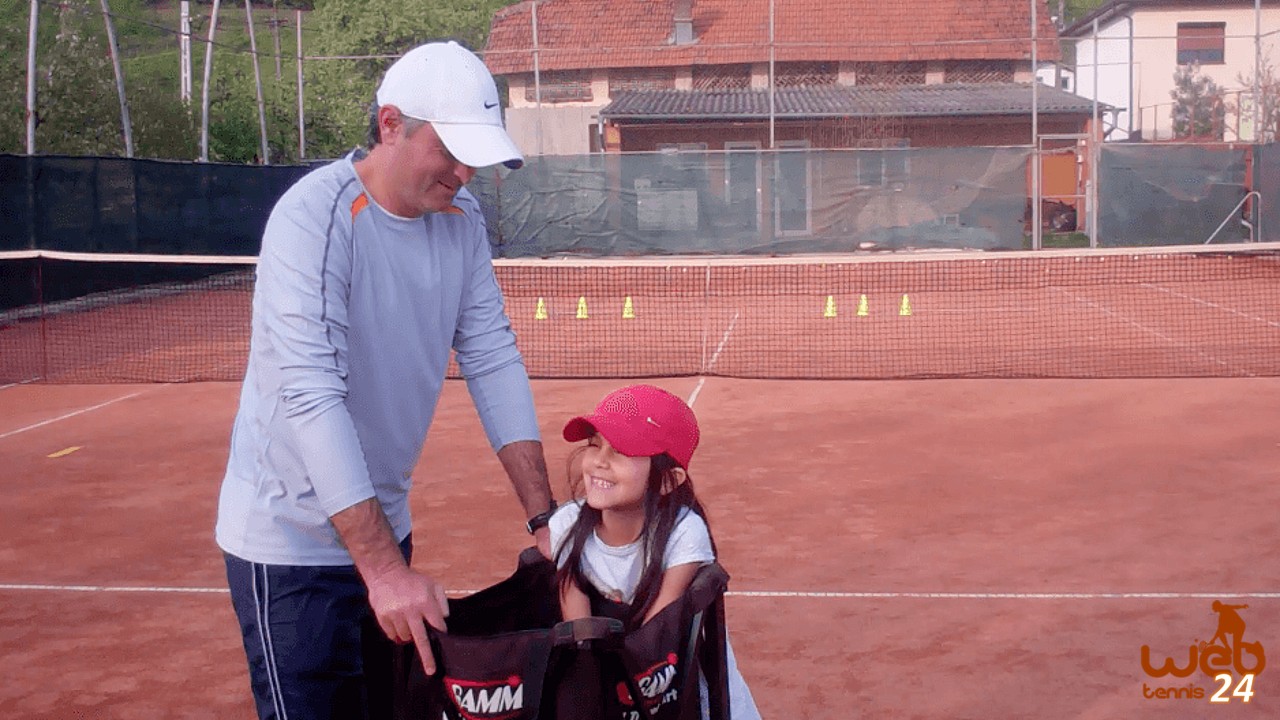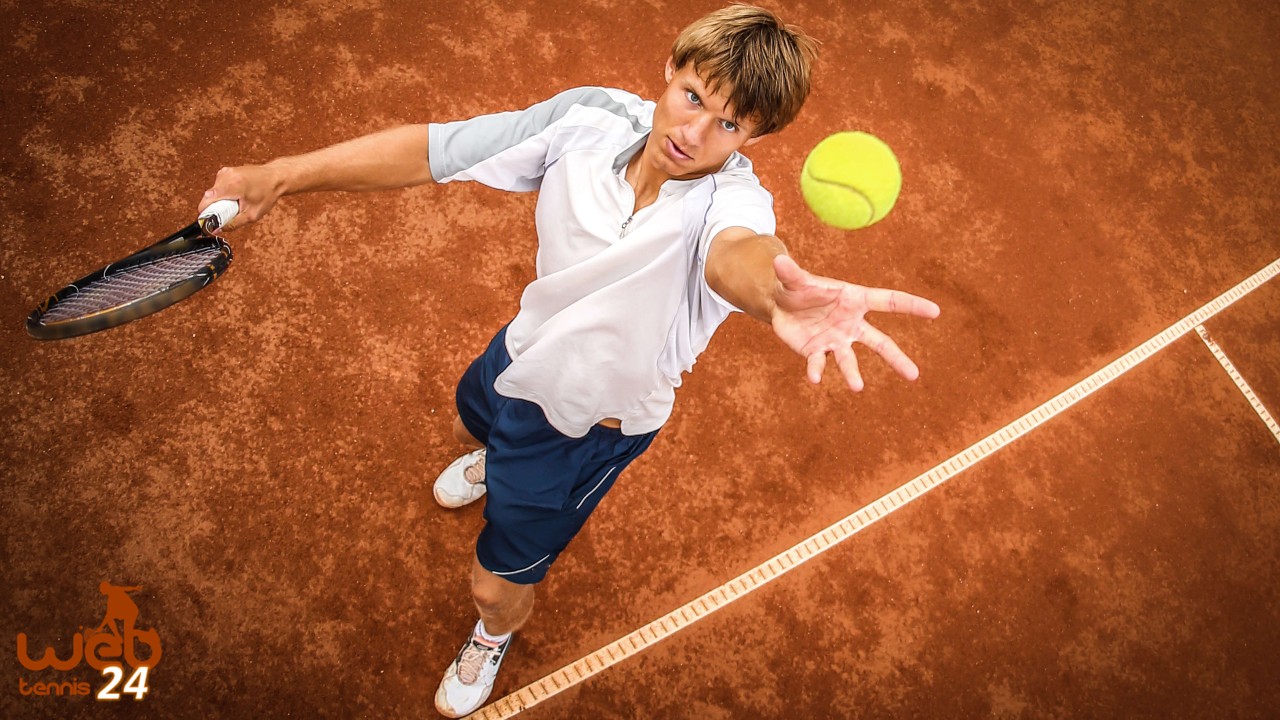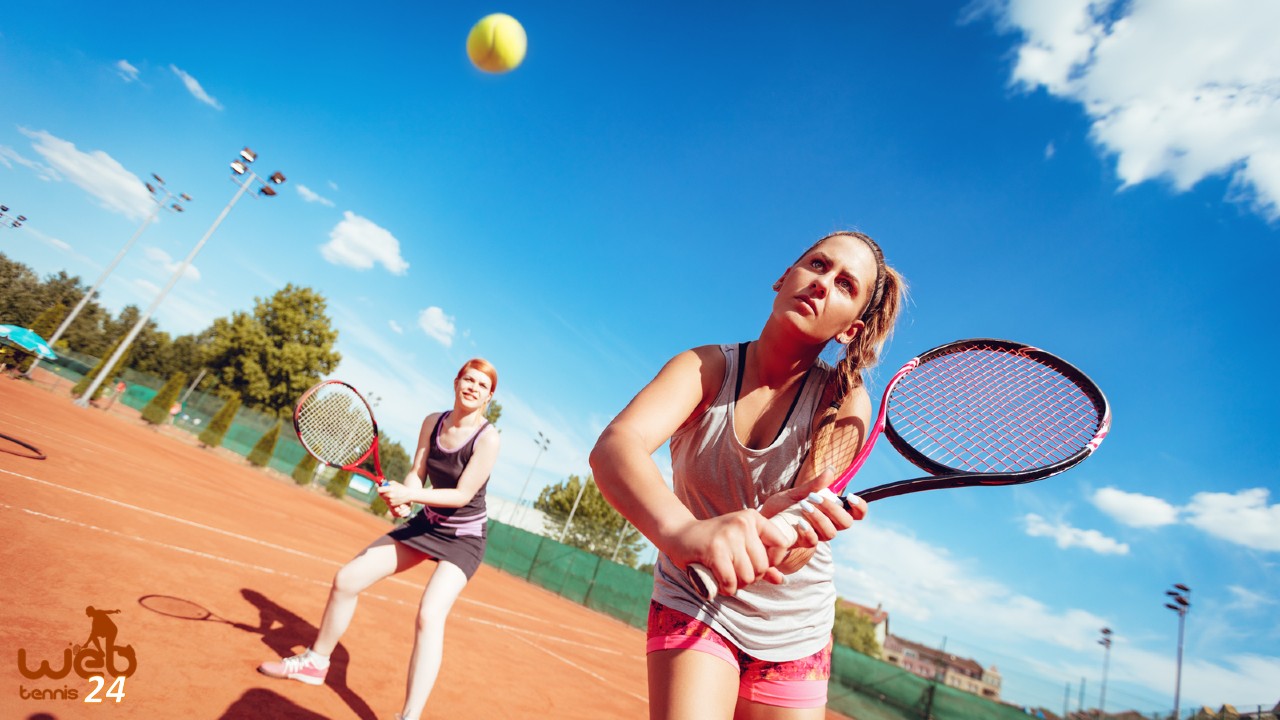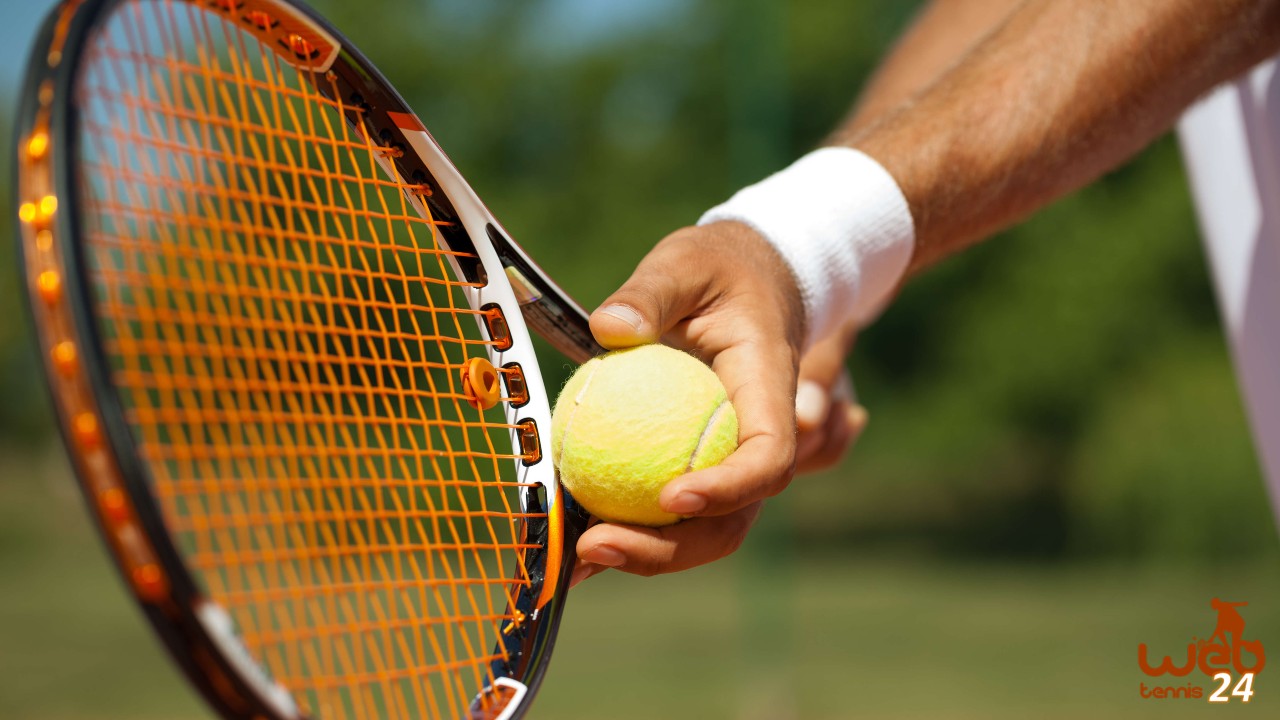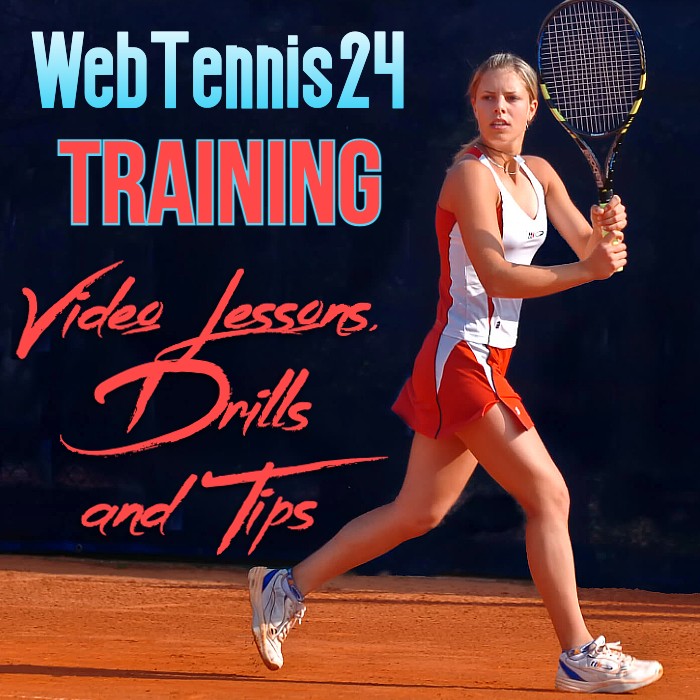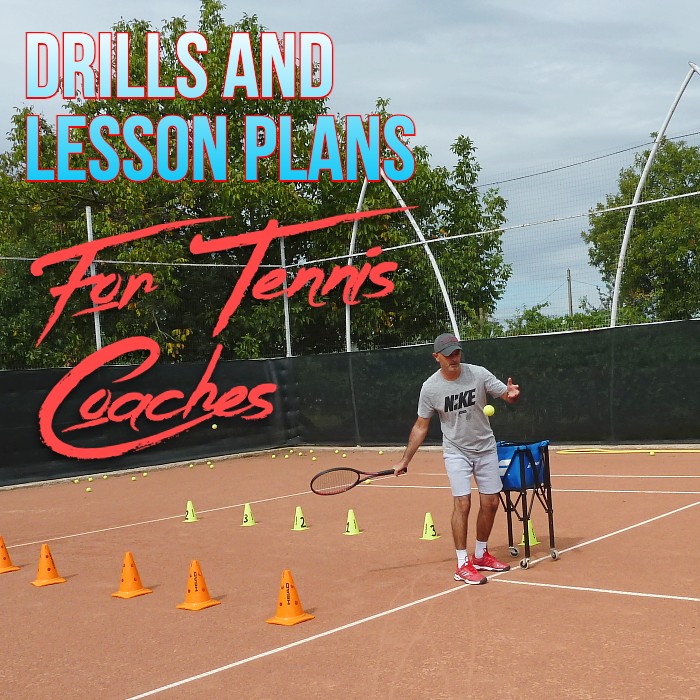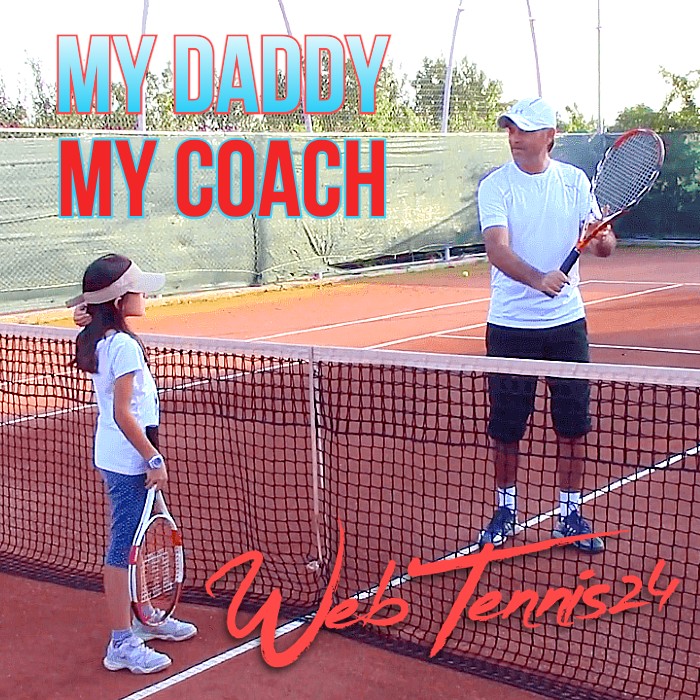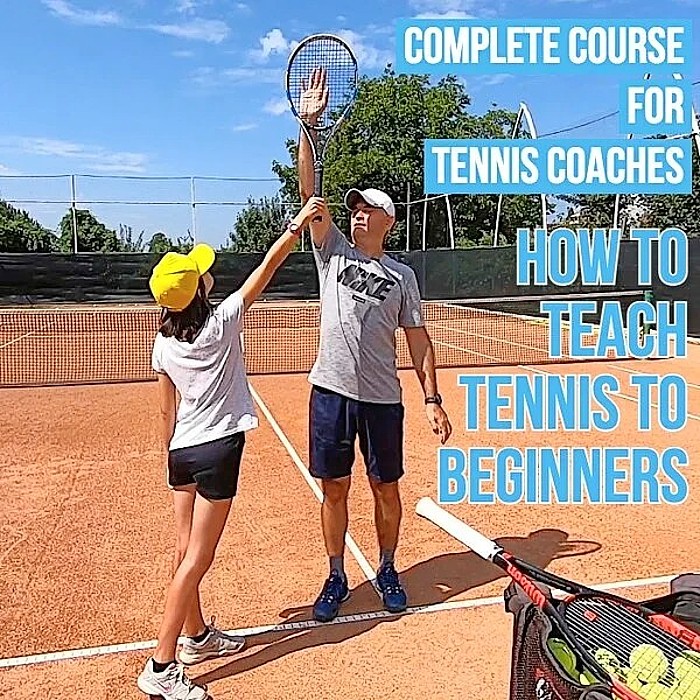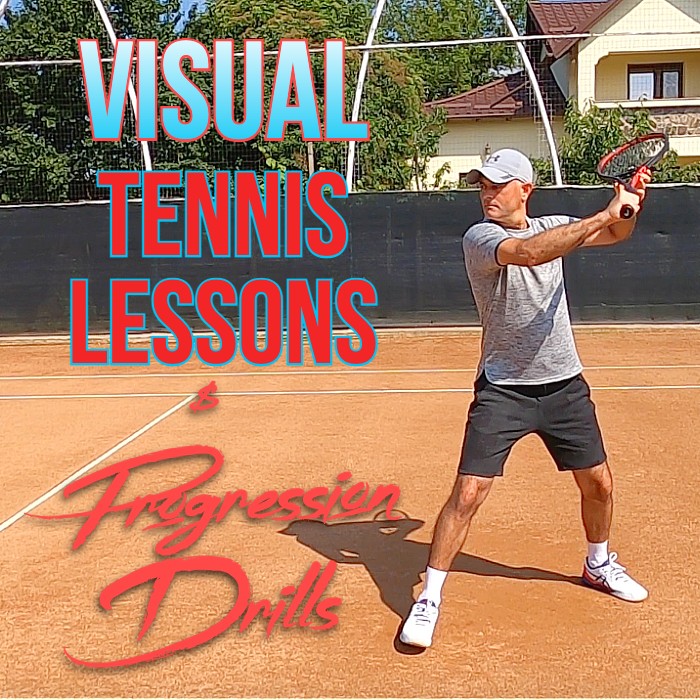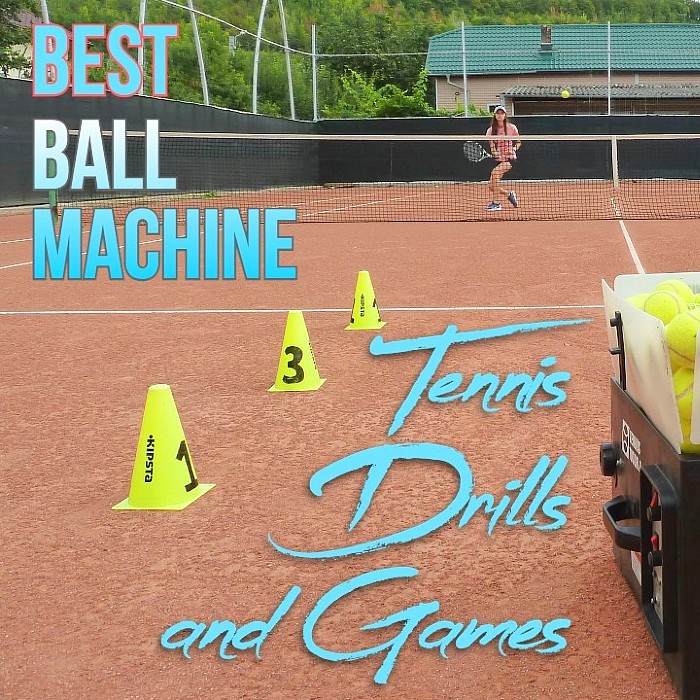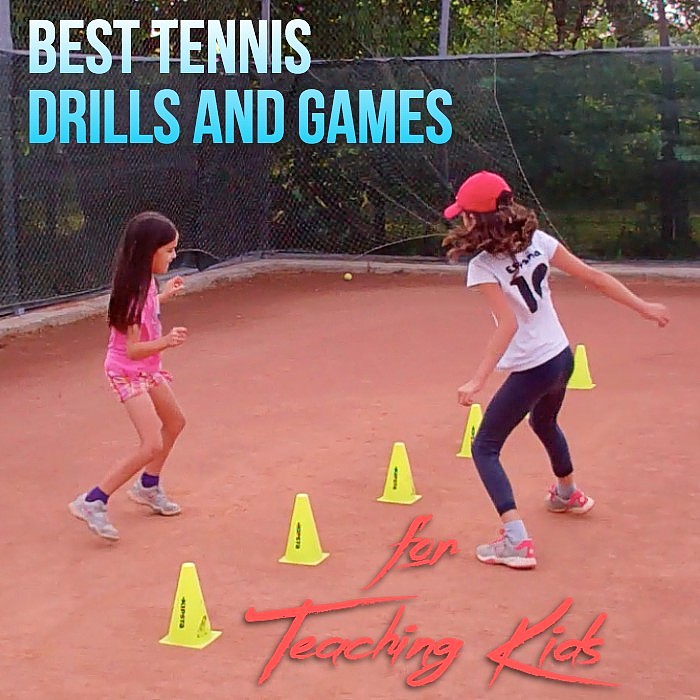How to Stay Focused During Tennis Matches
Often, during a match, players allow themselves to be distracted by certain external factors. By the time they realize what’s happening, they have already lost a set or even the entire match. This raises the question: How can a player stay focused during a match?
In this article, I will highlight four tips that I’m confident will help you concentrate more effectively in your next tennis match:
Keep your eyes on the court.
It’s easy to get distracted by noises from the surroundings, such as people shouting or crying babies. Therefore, it’s crucial to keep your eyes focused on what’s happening on the court. This includes paying attention to your opponent, the ball, and the umpire or scorekeeper if applicable.
Learn to watch the ball.
While it may seem obvious that you should be watching the ball as it approaches you, sometimes our attention shifts prematurely toward where we want to send the ball. To address this, I have an exercise that I would like you to practice:
Find a quiet spot, either sitting or standing, and choose a spot on the wall or any object to direct your gaze towards. Try to maintain your focus on that spot without allowing your eyes to wander for a minute or two.
This exercise will improve your ability to concentrate and track objects like the ball during a match.
Always remember the score.
To stay focused and engaged in the match, it’s important to continuously be aware of the score.
I recently witnessed a match where my younger daughter was losing. She approached the fence near where I was watching and asked, “Tati, what’s the score?” This made me realize that her lack of focus on the score was impacting her performance.
Not knowing the score during a game is a sign that your attention is wavering, and your mind is not fully in the game.
Stay focused during long rallies by counting.
A helpful technique to maintain focus, especially during extended rallies, is to count each time you hit the ball. Start from one and continue counting with each stroke.
This method keeps your attention anchored to the ball and ensures your presence in the rally.
Give these four tips a try, and I’m confident you will experience improved focus and, hopefully, achieve more victories in your tennis matches.
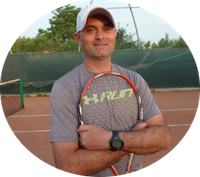
Cosmin Miholca
Certified Tennis Coach
Check out my work at WebTennis24 where I share with you my best video tennis lessons, drills and tips for players, coaches and tennis parents.

